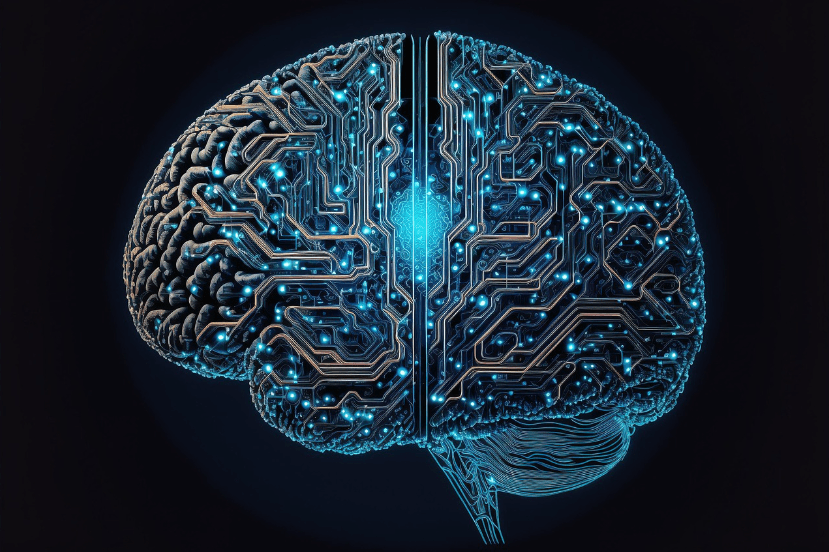In today’s fast-paced, ever-changing world, artificial intelligence is revolutionizing tailored logistics, reshaping how companies manage international transport and supply chains. Far from being a passing trend, AI marks a structural shift in the logistics sector: creating supply chains that are more predictive, responsive, secure, and fully personalized.
A New Era in Logistics
Artificial intelligence (AI) enables logistics systems to move beyond traditional models by making real-time, data-driven decisions. With machine learning algorithms and predictive analytics, companies can now:
- anticipate delivery delays and disruptions,
- optimize transport routes based on traffic and weather,
- tailor each shipment to product and customer-specific needs.
This evolution means logistics are no longer standardized—they are custom logistics powered by AI, adapted to each sector and challenge.
What Are the Benefits of AI in Logistics?
1. Predictive Risk Management
AI analyzes massive volumes of historical and real-time data to identify patterns and foresee issues like strikes, traffic jams, or extreme weather. This predictive capability allows proactive decision-making and the creation of alternative routes before issues arise.
2. Dynamic Route Optimization
AI systems adjust delivery routes in real time, reducing fuel consumption, avoiding empty miles, and ensuring goods arrive on time—even during disruptions.
3. High-Level Personalization
Each business has unique logistics requirements. AI enables companies to personalize transport models according to temperature, urgency, regulations, or volume, ensuring maximum efficiency and reliability.
4. Full Transparency & Traceability
Connected devices, IoT sensors, and cloud platforms offer total visibility from warehouse to delivery. Clients receive real-time alerts and updates, allowing for full control over the entire logistics chain.
Synonyms and Related Phrases
In addition to the phrase artificial intelligence is revolutionizing tailored logistics, here are relevant alternatives and synonyms:
- AI-driven personalized supply chain
- Intelligent logistics solutions powered by data
- Smart logistics with predictive automation
- Machine learning transforming custom transport
These terms all emphasize the transformative impact of AI on how goods move across global networks.
Real-World Applications
Food Sector:
Maintaining a cold chain requires absolute precision. AI instantly detects any deviation in temperature and activates corrective protocols to avoid loss or spoilage.
Automotive Industry:
With just-in-time manufacturing, delays aren’t an option. AI helps anticipate bottlenecks and ensure punctual delivery—even in volatile situations.
Pharmaceutical Logistics:
For temperature-sensitive medicines, AI ensures continuous monitoring, compliance with regulatory standards, and traceability throughout the journey.
These examples demonstrate how artificial intelligence is revolutionizing tailored logistics across key industries where timing, conditions, and accuracy are critical.
MAP TRANSPORT SA: Practical Innovation
At MAP TRANSPORT SA, we believe innovation should be actionable. That’s why we integrate AI technologies directly into our operations. Our services include:
- Real-time shipment tracking,
- Automated route adjustments,
- Client-specific logistics dashboards for maximum visibility.
We don’t just follow trends—we help you transform your supply chain with real-world applications of artificial intelligence tailored to your needs.
Conclusion
The logistics of the future are already here. Artificial intelligence is revolutionizing tailored logistics, creating real value for companies aiming to stay ahead in a competitive market.
With MAP TRANSPORT SA as your trusted partner, you can redesign your supply chain with flexibility, resilience, and innovation at the core. Our team is ready to help you create personalized solutions that match the complexity of today’s global logistics landscape.
Internal link: Explore our tailored logistics services – MAP TRANSPORT SA
External link: European Commission – Artificial Intelligence in Transport

